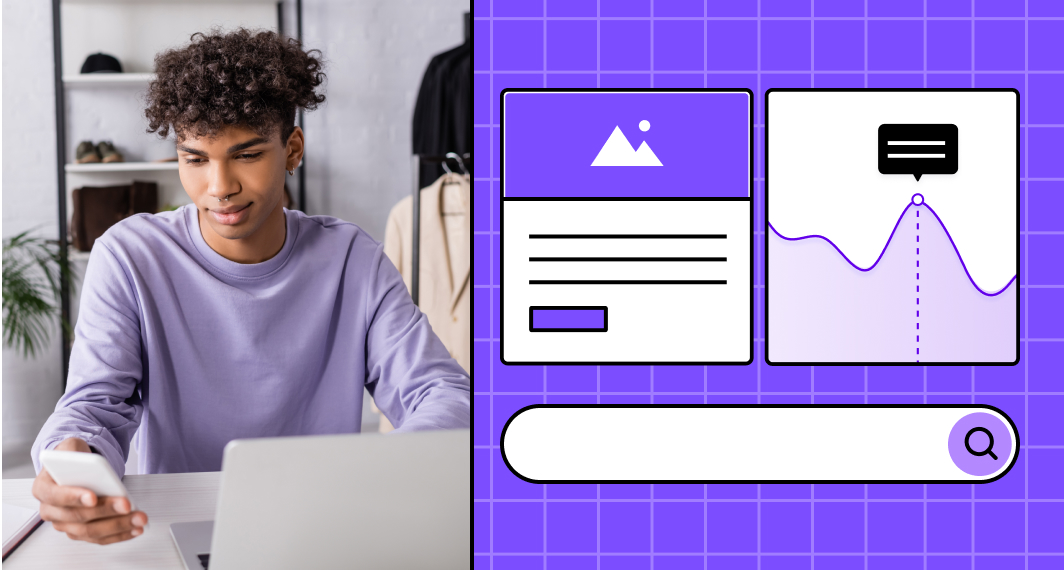What is an Android app?
Android apps are software applications that run on mobile devices powered by the Android operating system. These apps are built for mobile devices and can be installed on smartphones and tablets. They’re also very good at using your device's hardware capabilities, including its touchscreen, camera, GPS, microphone and more.
There is a diverse range of Android apps for mobile devices, fulfilling a range of different user needs, including:
- Productivity tools
- Social networking platforms
- Entertainment apps
- Games
- Utilities
- Educational resources
- Health and fitness trackers
- Ecommerce platforms
How are Android apps downloaded?
To download an Android app, you need to visit Google’s native mobile app store, Google Play Store. This is populated by users who submit their apps in accordance with Google’s guidelines using a software development kit. Top-performing apps employ sophisticated app store optimsiation strategies, allowing them to appear at the top of the search results.
When you download an Android app through Google Play Store, you get an APK (Android Package) file containing everything the app needs to work, such as code, resources and other relevant information. The Android operating system then takes care of the installation of the app, performs security functions and manages its execution on your device.
What are the main Android programming languages?
Java, Kotlin and C++ are the three main programming languages app developers use for Android app development. Java’s robust framework and extensive libraries make it the primary language, while Kotlin is a modern alternative, offering concise syntax and improved productivity. Developers leverage C++ for performance-critical tasks and native code integration.
What are the differences between Android and iOS apps?
Although there are some similarities between iOS and Android apps, there are also key differences. Compare them below 👇
Android | iOS | |
Integrated development environment (IDE) | Android Studio | Xcode |
Programming languages | Java, Kotlin, C++ | Swift, Objective-C |
App distribution | Google Play Store, Amazon | Apple App Store |
Pay per download, in-app advertising, freemium, data monetization | Pay per download, in-app advertising, freemium, data monetization | |
User interface elements | Follows Material Design | Follows Apple’s Human Interface Guidelines (HIG) |
Fragmentation | Developed for a wide range of devices and screen sizes, making consistent performance challenging | Developed for a select few devices and screen sizes for optimal performance |
How do you create an Android app?
When you make an android app, you have four main options:
- Code it yourself - in other words, create your app from scratch, using online tutorials to navigate through the process
- Use a no-code app builder - choose pre-packaged templates and themes and get simple apps live fast
- Hire a dev agency - pay a retainer to an outsourced android app development team and build more complex mobile apps
- Use an app platform - get the flexibility of a dev agency and the reliability of a no-code app builder
For a deep dive into each of these android app development routes, check out our guide on creating an app 👈


 Facebook
Facebook X
X LinkedIn
LinkedIn YouTube
YouTube Instagram
Instagram RSS
RSS


